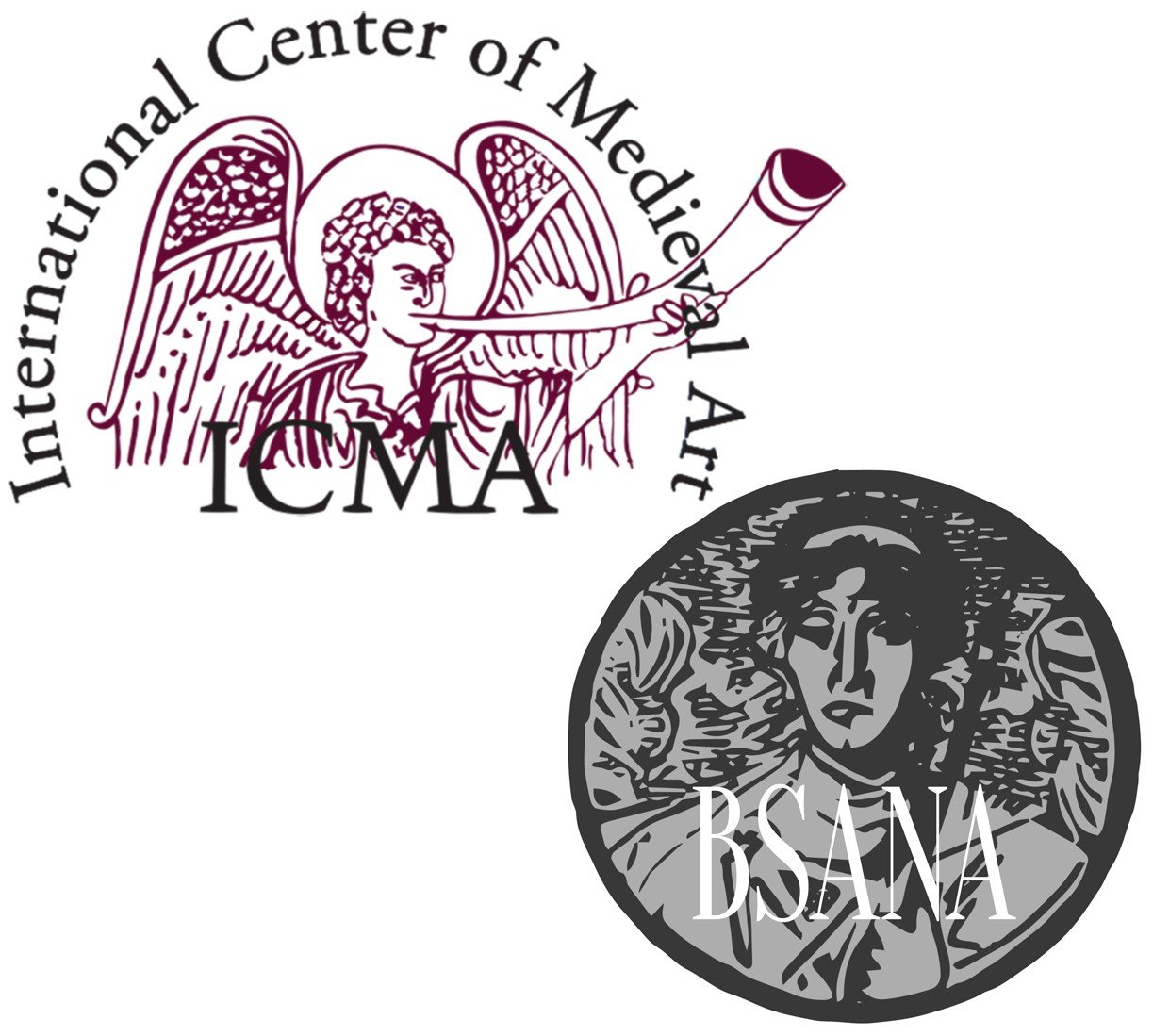Statement on the Past and Present of Ukraine and its Cultural Heritage – from the International Center of Medieval Art and the Byzantine Studies Association of North America
March 1, 2022
As scholarly organizations devoted to the study and preservation of the cultural heritage of the Middle Ages, the International Center of Medieval Art (ICMA) and the Byzantine Studies Association of North America (BSANA) deplore the Russian attacks on Ukraine and the continuing threat to human life, artistic treasures, and cultural heritage. We object strongly to the statements of the President of the Russian Federation, V. V. Putin, published in his July 2021 essay entitled “On the Historical Unity of Russians and Ukrainians.” While the title ostensibly conveys fraternity, the real aim of Putin’s essay was to delegitimize Ukraine as a country. This has been part of Russia’s ongoing attempts to falsify Ukrainian history and reclaim its sites and monuments. Putin has made a tendentious case that Moscow is the legitimate heir to the medieval polity of Kyivan Rus’, “continuing the tradition of ancient Russian statehood,” whereas the Ukrainian nation is the product of various “distorting” influences emerging from the West. Putin’s speech of February 21, 2022 further declared that Ukraine had no legitimacy as a nation-state, and laid claim to its cultural heritage as “an inalienable part of our [the Russian Federation’s] own history, culture and spiritual space.” While the history of Ukraine is integral to Russia’s territorial, spiritual, and ideological identity, Ukraine’s identity is not reducible to being a precursor to Russia. Ukraine’s unique history, art, and culture should be acknowledged, respected, and protected in these troubling times.
All too often, our own fields have been complicit in failing to examine inherited narratives that subsume the Ukrainian people, their history, and monuments under the rubric of “Russia,” thus helping to facilitate the historical distortions made more explicitly by President Putin. While acknowledging the irreducible complexity of the intertwined histories of Russia and Ukraine, we also recognize the right of Ukraine to the cultural patrimony of its own territory. The monuments of Kyivan Rus’ in Kyiv, Chernihiv, and elsewhere, are treasures of the Eastern Christian tradition and of the world’s cultural heritage. They are rightly safeguarded and administered by the legitimately elected government of Ukraine and by its cultural ministries and private institutions. Moreover, as historians, we underscore the very diversity of the region that Putin’s essay belittled. Like most medieval locales, Ukraine was home to peoples of different ethnic groups and religious faiths. Jewish, Islamic, and Armenian communities, among others, were integral to cultural life in the area in the Middle Ages, and their art and architecture endures within Ukraine’s borders. We also affirm the continued diversity of its modern nation-state, as well as the LGBTQIA+ communities in the country, who face great dangers under the Russian invasion. We stand with our colleagues whose nuanced work on Ukraine’s history poses the greatest challenges to Putin’s monolithic and mythical view of history.
We earnestly call for the withdrawal of Russian forces from the territory of Ukraine, for the protection of all people in the region, and for the restitution of cultural patrimony to its legitimate custodians.
The Executive Committee, Board of Directors, Associates, and Advocacy Committee of the International Center of Medieval Art
The Governing Board of the Byzantine Studies Association of North America

